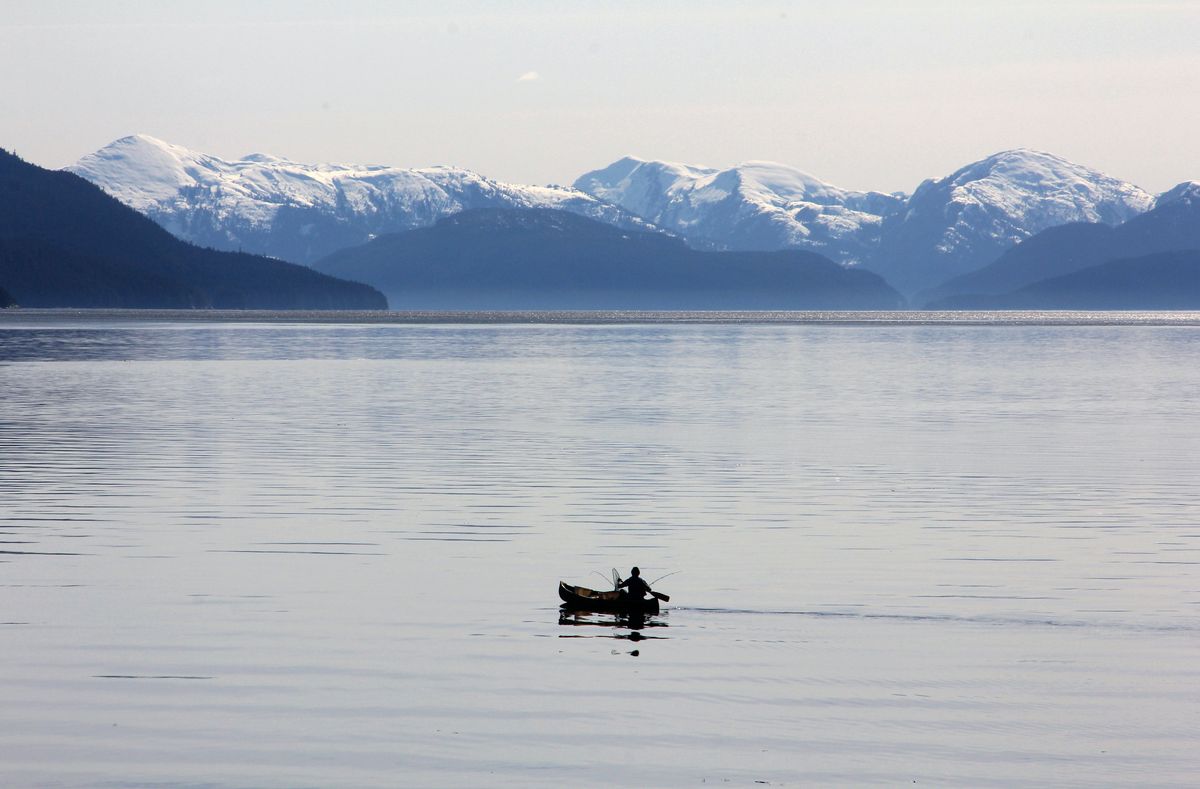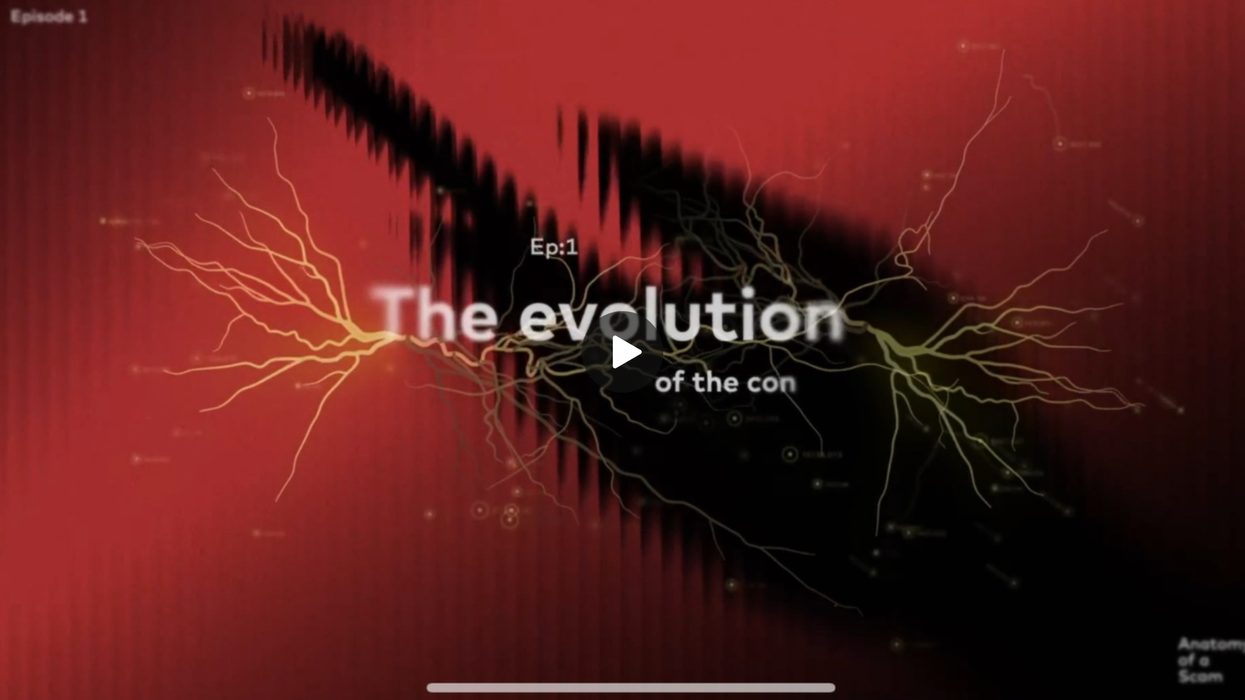Canadian scientists issued a new report on climate change this week with some especially bleak news for Canadians: Canada's climate has warmed at about twice the rate of the rest of the world. In general, the country's north is warming even faster than the south. The effect is most severe in the Prairies and British Columbia.
What to do? According to the report, "Scenarios with limited warming will only occur if Canada and the rest of the world reduce carbon emissions to near zero early in the second half of the century." So all the Canadian government has to do is persuade the governments of the United States, China, and India to take steps that sharply reduce emissions inside their countries.
For Signal readers who may be cynical about Prime Minister Trudeau's ability to change the hearts and minds of President Trump, President Xi, and Prime Minister Modi on a question of shared sacrifice, there's a bit of hope—and it happens to have been made in Canada.
British Columbia-based Carbon Engineering has created a technology it says can remove carbon dioxide from the air in a cost-effective way. The development of "carbon dioxide removal" technologies in general is enthusiastically supported by much of the international scientific community, and this latest innovation has won some backing from major energy companies. How does the technology work? Here's a useful explainer.
The bottom line: There isn't nearly enough evidence to call this innovation a breakthrough in carbon capture, much less a "magic bullet." Some climate activists warn that it will simply encourage the world to keep pumping oil rather than switching to non-hydrocarbon alternatives. But history shows that small innovations inspire larger ones, particularly where technologies are shared.
And if you're concerned this new technology doesn't yet match the global scale of the problem, remember that the alternative depends on a particularly unlikely degree of international political cooperation.



















